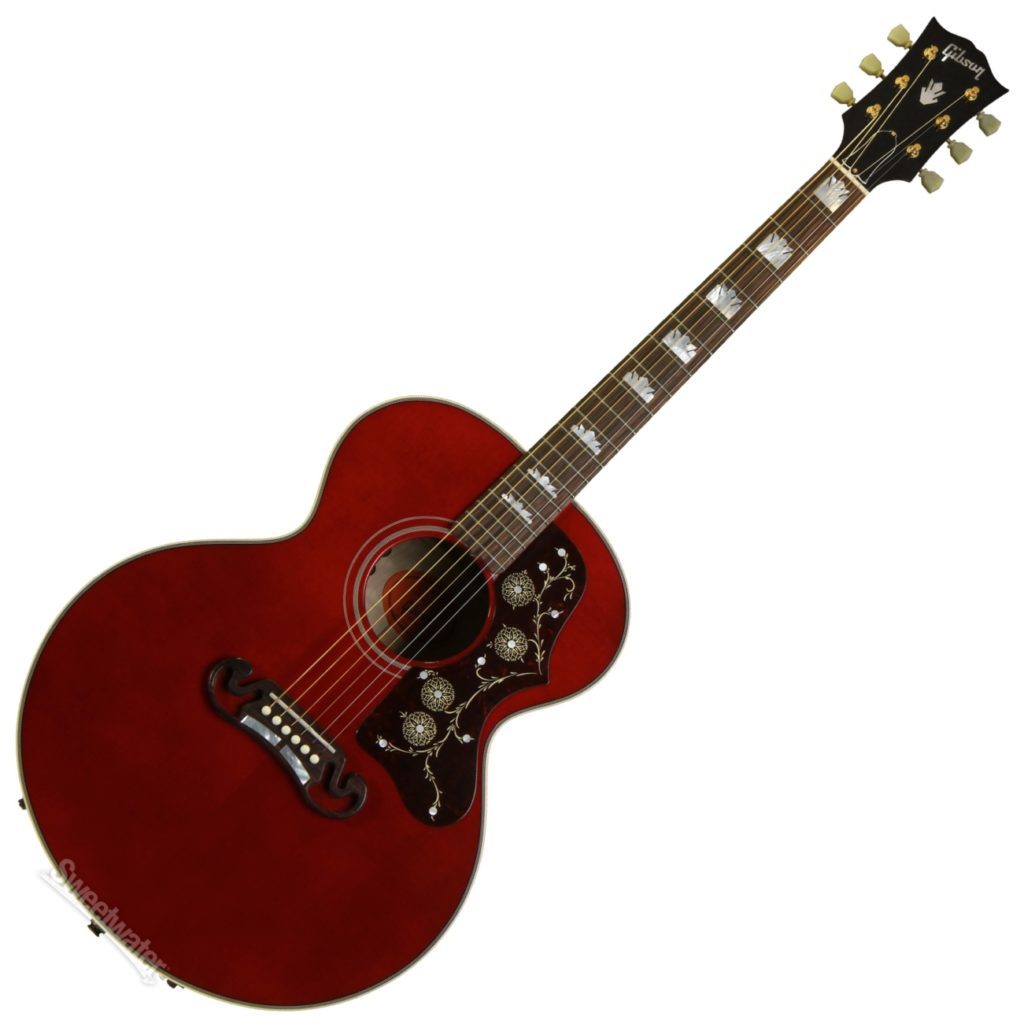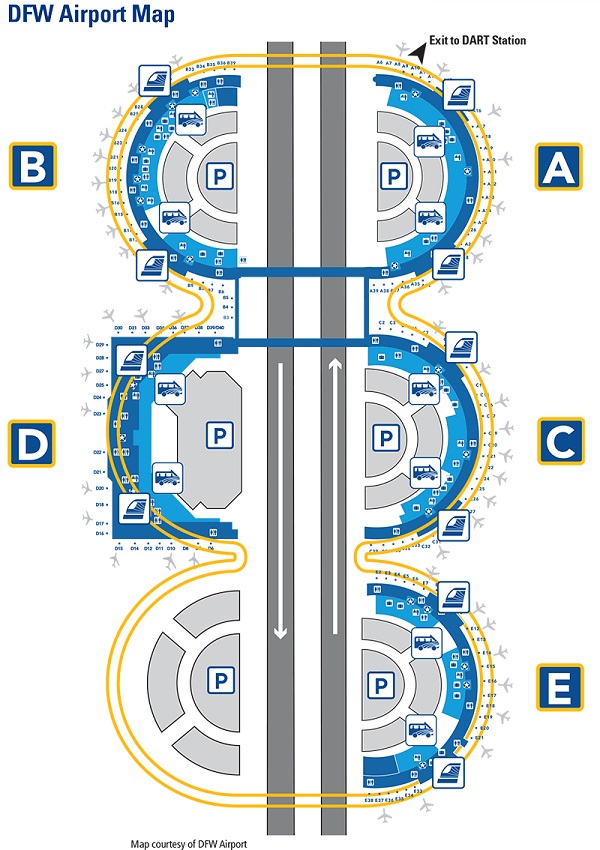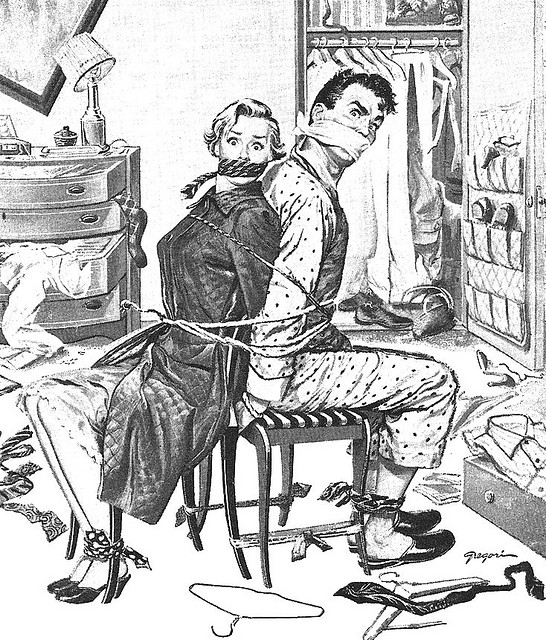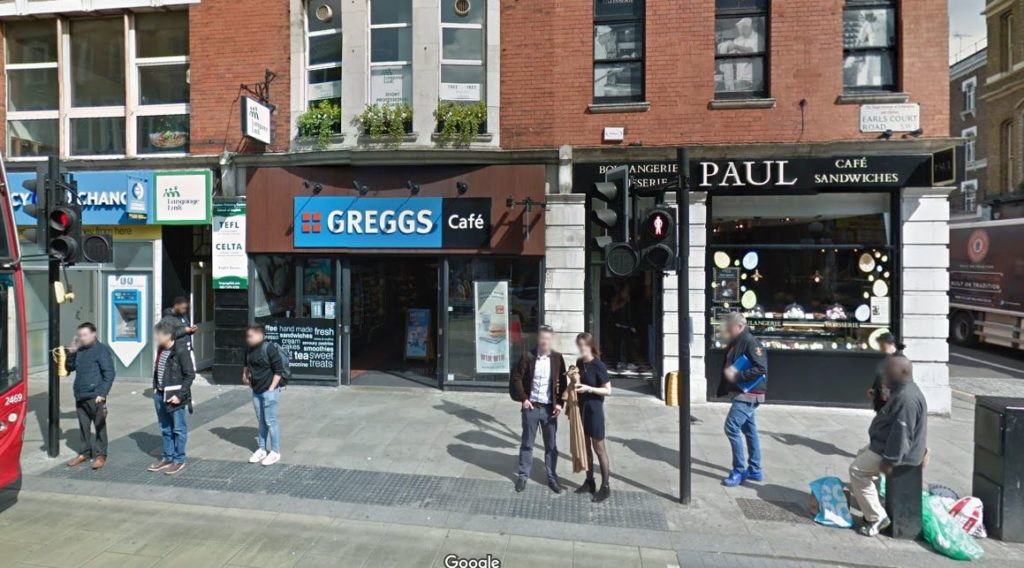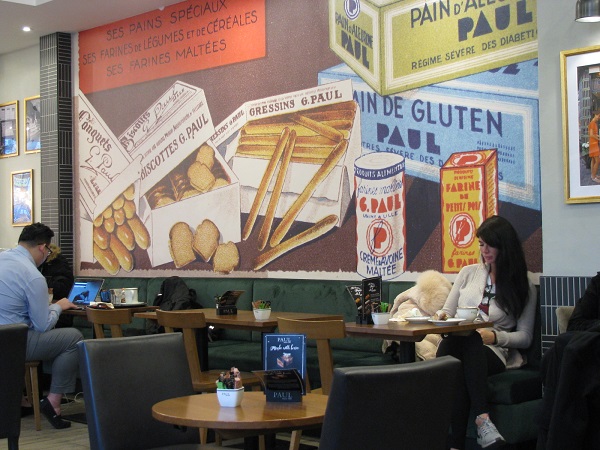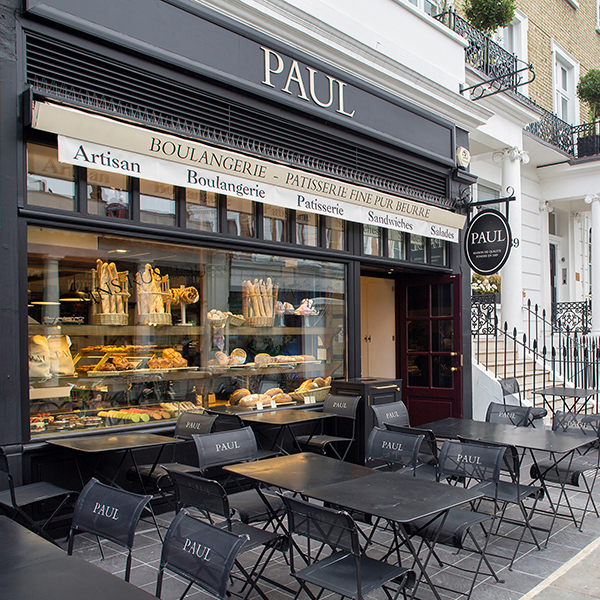I read this link from Insty with open-jawed astonishment yesterday because while I was out earlier in the day, I’d already started to put together a similar essay on the topic.
Maria D. Fitzpatrick of Cornell University and Timothy J. Moore of the University of Melbourne said they analyzed the mortality rates in the U.S. and noticed that many older Americans – but disproportionally men who retire at 62 – are affected by sudden increased rates of death.
“A lot happens in our early 60s. Some change jobs, scale back working hours or retire. Our health-care coverage may shift. We may have fewer financial resources, or we may begin collecting Social Security,” Fitzpatrick told The Wall Street Journal. “About one-third of Americans immediately claim Social Security at 62. Ten percent of men retire in the month they turn 62.”
The numbers, according to the study, show that there is a two percent increase in male mortality at age 62 in the country. “Over the 34 years we studied, there were an additional 400 to 800 deaths per year beyond what we expected, or an additional 13,000 to 27,000 excess male deaths within 12 months of turning 62,” the professor said.
The researcher blames the increased mortality on the retirement as retirees tend to withdraw from life and no longer see the point in engaging.
Quite honestly, I think I have a better take on this than the study. Here’s why.
I took an older guy somewhere during my early-morning Uber shift, and we got to chatting about retirement. He was in his early sixties and was thinking about retirement in the next couple of years or so — he’d reached all the retirement “qualifications” in terms of his age, length of service, and so on — and when I asked him what he was going to do after retirement, he said quite simply, “I don’t know.” He had no outside interests other than his work, he said, and had no hobbies or anything to keep him occupied when he would quit working.
This set off all sorts of alarm bells in my head, because I’d confronted the very same thoughts when I planned on retiring back in 2016 on reaching age 62 (which seems to be the “killer” age discovered by the researchers).
Worse than that, I either know men personally or have heard of many instances of men who have died soon — very soon — after retiring early. (When men retire at a later age, they paradoxically seem to live longer, as the study shows.) Sometimes, men die within six months of getting their gold watch, after many decades of working with little or even no time off for illness. Where I differ from the study is that I think I know the real reason why this happens.
We’re working dogs.
As long as men have work to do, we do fine. We have a purpose in life, we get up in the mornings with a day’s work ahead of ourselves, and this gives us a reason to live. It’s all tied up, I believe, in our inherent nature as providers and all that goes with it. When that activity stops earlier than expected — at 62, most of us have at least fifteen or even twenty more years to live — subconsciously we still feel that we are capable of working, providing and in short contributing to ourselves and others.
But when that ends, it’s as though a switch is turned off somewhere and our brains simply say, “Oh well, that’s it,” and we die. It may be that illness has been kept at bay through our industry and now given an empty playing field, so to speak, it takes over; or it may be that we do things that are more dangerous (the study mentions driving more as one activity), or perhaps we working dogs just feel useless and our existence, pointless.
It’s one of the reasons why I started blogging (i.e. writing) again after Connie passed away; all those years of caring for her had given me something to do, a purpose in life and now, faced with a life impossibly empty, I could well see why some cussed old fart would just say, “Ah, fuck it.” And die. Believe me, the thought of letting go crossed my mind often.
But this isn’t about me. This is about all men — and a couple of close friends withal — who are contemplating retirement, but without having any kind of backup work to do after they retire. And I’ll bet there are more than a few of my Readers who are looking down the barrel of this very gun, if not now, but soon. (My reader demographics skew towards cantankerous old farts because I am one, and we tend to seek each other out.)
And let me tell you, I fear for these men’s lives. We can’t handle boredom — not those men who have heretofore led active, fulfilling lives working.
Some men try to hold on, become consultants in their erstwhile fields, and either fail (because the market isn’t as great or as receptive as they thought), or they discover that consulting means selling yourself on a daily basis — and can’t bear the job because failure, in almost all cases, means (to them) that they are worthless. So instead of leaving the workplace as successes, they have to quit ignominiously as failures.
Even in our old age, we need a purpose in life, something that gets us out of the house and outside our own heads (the latter being a dark and unpleasant place, trust me on this) and something that will occupy our hands and minds. We are men: we are supposed to work.
And this is why, I believe, that men who retire at an older age are less likely to croak soon after retirement than the younger ones; their minds and bodies have finally said, “Enough!” — and they can let go, be inactive and just play with their grandchildren. But the younger ones are at risk, and they die, tragically in numbers disproportionate to the expectancy.
Some men just refuse to quit working and work until one day they keel over. Some men do charity work in their retirement, but others (e.g. myself) are just not cut out for that kind of thing. Some men take up hobbies which consume their time — just visit a model railroaders’ show and see the demographics of the stallholders — but I have to tell you that a hobby started late in life is seldom going to hold your attention for too long. Some men dream of adventure, and do stupid stuff like exploring the tropical rainforests — like hobbies, a lot of this stuff is best begun when you’re a young man — and sadly, what men discover is that even though they may have retired “young”, their bodies can’t do what a younger man’s can. More failure.
I don’t have an answer to this. I wish I did, but I just don’t. The sad fact of the matter is that without work, we die. And the younger we are when we quit work, the sooner we die.
I welcome any and all ideas, experiences, anecdotes and advice in Comments. It may all be for nothing; but what you say may save a life, and what you read may save yours. And if what you have to say is too personal, feel free to send me an email — I’ll anonymize the thing, take out all the personal details and post the distilled content later. Have at it… please.
This might be the most important post I’ve ever written.






